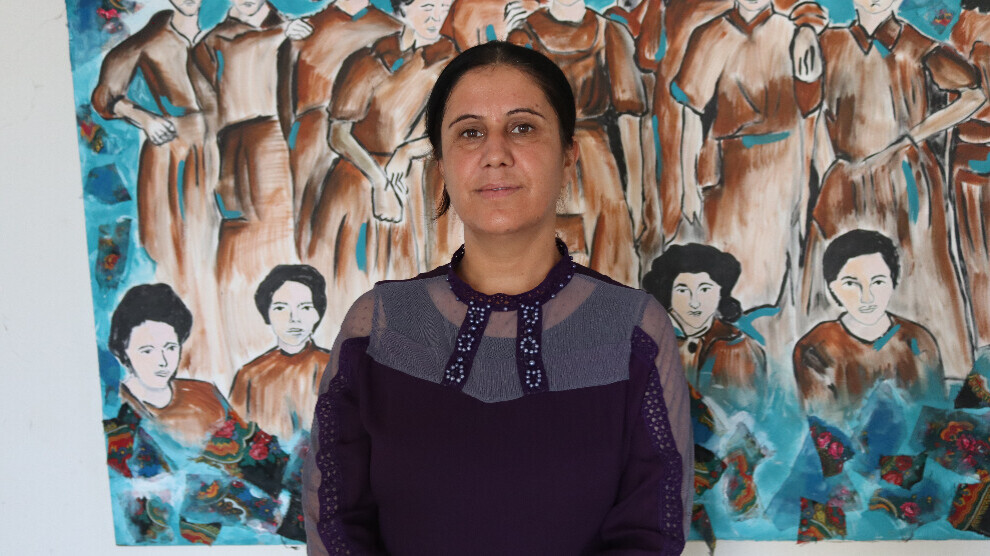Water under threat: Awareness is key
Across the world and in northeast Syria, humans, animals, and nature face a growing crisis as rivers, wells, and reservoirs dwindle under climate change and conflict.

NORŞAN ABDÎ
Kobanê – The water crisis in the world, and particularly in the Middle East, is a major environmental problem that directly threatens human life and social stability. This shortage will greatly affect the environment, as well as animal and natural resources, and access to water will become a primary cause of conflicts worldwide in the future.
More than 2 billion people suffer from lack of access to water and clean drinking water. Recent studies have confirmed that groundwater, rivers, and seas across the world and the Middle East have significantly decreased, creating a major crisis for humans, nature, and animals.
The reasons for declining water levels include the use of large quantities in agriculture, which consumes about 70 percent of resources, as well as climate change leading to reduced rainfall and melting ice, in addition to population growth. Pollution also plays a major role, rendering many rivers unsafe for drinking.
The region of North and East Syria is among the most affected by this crisis. In addition to climate change, declining rainfall, and drought, the Turkish occupation continues to cut off water to the region, which depends on the Euphrates River as a main source. Recently, the river has lost about 4 billion cubic meters of effective storage. The total storage capacity of the dam is about 14 billion cubic meters, and the water level has dropped by six meters from the maximum of 304 meters above sea level.
‘A global crisis’
Zozan Khalil, co-chair of the Water Directorate in Kobanî, North and East Syria, said that the world is facing a real and major water crisis that has pushed many communities to raise their voices.
“The water crisis is a global one, not a local issue. Therefore, work must be done to find solutions to secure water, as its shortage threatens humanity everywhere in the world.”
She pointed to the reasons for declining water levels worldwide:
“There are several reasons for the drop in water levels, such as rising temperatures above normal averages, increasing forest and tree fires that have altered the climate, and consequently reduced groundwater levels. This is not only in our region, but in the entire world, which is experiencing a real water crisis.”
Khalil confirmed that declining water levels have forced many communities in various countries to migrate and be displaced to areas where water is available.
“People have abandoned their land, homes, and lives in order to secure clean, drinkable water.”
As for the water crisis in Syria, particularly in North and East Syria, she said:
“Syria relies on the Euphrates River as a main source of water, which has declined significantly compared to the past. A few years ago, 500 cubic meters per hour were being pumped, but now this amount has dropped to 150 cubic meters per hour,” stressing that the effects of this decline have been clear in the last ten years.
‘Water resources must be preserved’
On the efforts of the Water Directorate in North and East Syria, Zozan Khalil explained:
“In our regions, we try to cover the shortage of water, as the pumping pipes can no longer operate after the decline in water levels, and the required amounts of water are pumped to meet the needs of residents. This has caused some pumping stations in the Euphrates region to stop, and several wells have turned into swamps, no longer usable, which has also caused the spread of diseases.”
At the end of her remarks, Zozan Khalil called on people to reduce water waste:
“People around the world must preserve what remains of water, and rationalize its use in agriculture and industry, desalinate seawater and recycle it to make it drinkable. There must also be international protection for the world’s water resources, along with raising social awareness about the importance of preserving water and water resources.”
